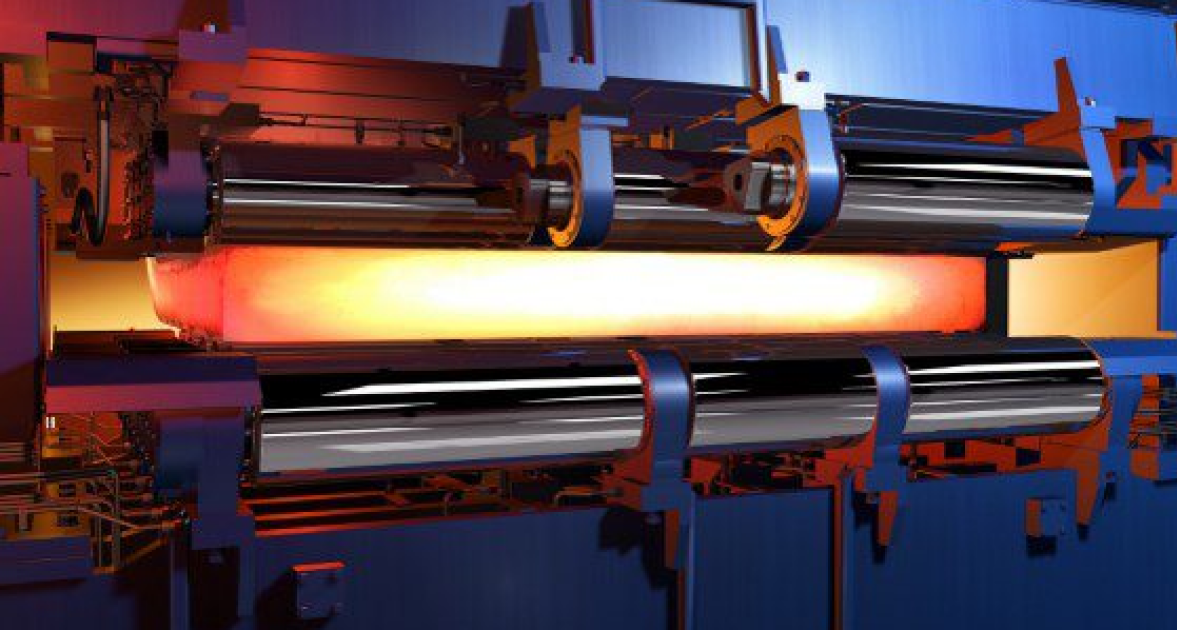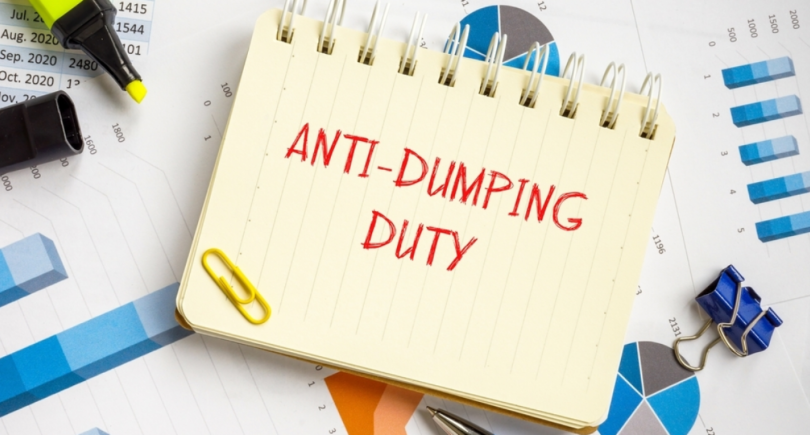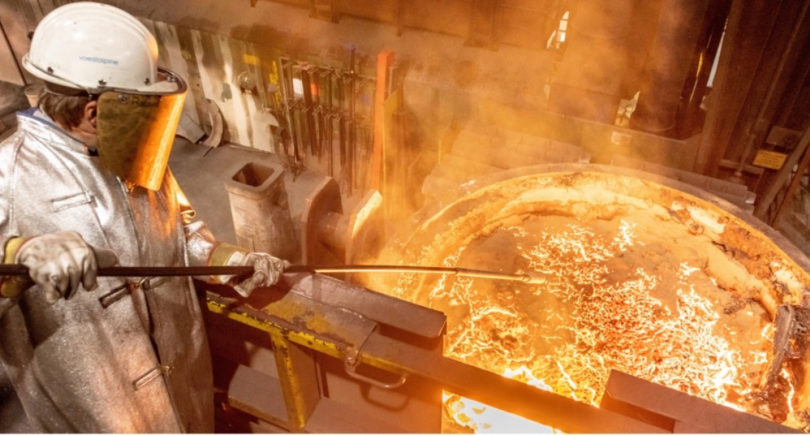
News Global Market Europe 1765 27 September 2022
European companies and third countries cannot ensure stable supplies of semi-finished products, according to rolled steel producers
European rerolling companies oppose against potential sanctions on Russian slabs. Argus.Media reports about it.
The possibility of imposing sanctions on slabs from the Russian Federation is being considered by the European Commission (EC) after lobbying from European Steel Producers’ Association (EUROFER).
The letter to the European Commission was signed by Marcegaglia, Pittini, Officine Tecnosider, Laminoirs des Landes, Vitkovice Steel, Network Steel, Duferco, Dunaferr and NBH (NLMK Belgium Holdings). The group of signatories calls itself the Rerollers Platform for a Competitive EU Steel Ecosystem and wants a meeting with the European Commission to discuss the issue.
“Instrumentalising political arguments in what is essentially an economic and competitive issue, integrated producers are promoting an import ban on semi-finished steel products from Russia, trying to push the rerolling business out of the market,” says the appeal to the EC, which was received by Agrus.Media.
Previously, 80% of steel semi-finished products imported to the EU were produced in the Russian Federation or Ukraine. Rerollers do not see an alternative to Russian products, arguing that European plants and producers from third countries cannot provide stable supplies. Several sanctioned plants in Iran and American producers supplying the US and Mexican markets are considering as available alternatives.
NLMK, which owns NLMK Belgium Holdings (NBH), is the largest supplier of Russian slab into Europe, after many of its competitors were sanctioned.
In January-July 2022, 2.4 million tons of slabs were sold from Russia to the EU (in the same period of 2021 this amount was 2.6 million tons, in January-July 2020 – 2.2 million tons).
The share of steel semi-finished products purchased by EU rerolling mills from European steel mills was less than 5%. Steelmakers are unlikely to increase supplies to their competitors due to the shutdown of blast furnace capacity. In some periods, large integrated mills use imports themselves to support their needs.
As GMK Center reported earlier, in March, as part of the fourth sanctions package, Europe banned the import of most types of Russian steel products. Slabs were not included in the list (with the exception of those ones produced by companies subject to direct sanctions).
As GMK Center wrote before, British steelmakers have called for stopping the import of finished products made from Russian steel. They emphasize that the processing of semi-finished products in third countries changes the origin of products and creates a loophole for circumventing sanctions and prohibitions.




